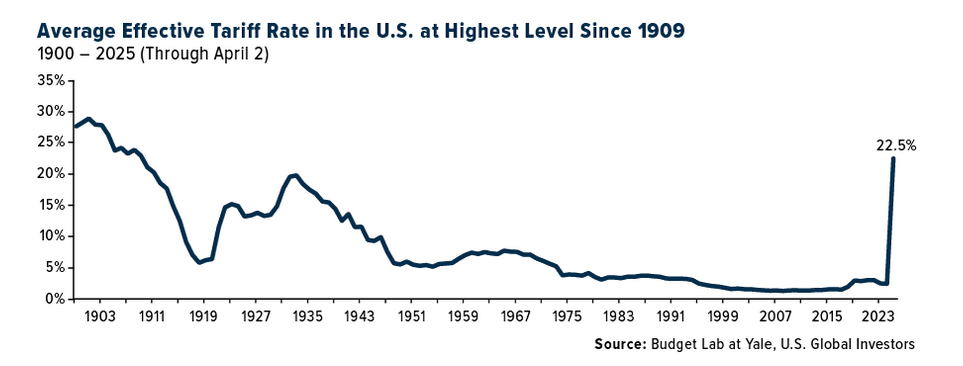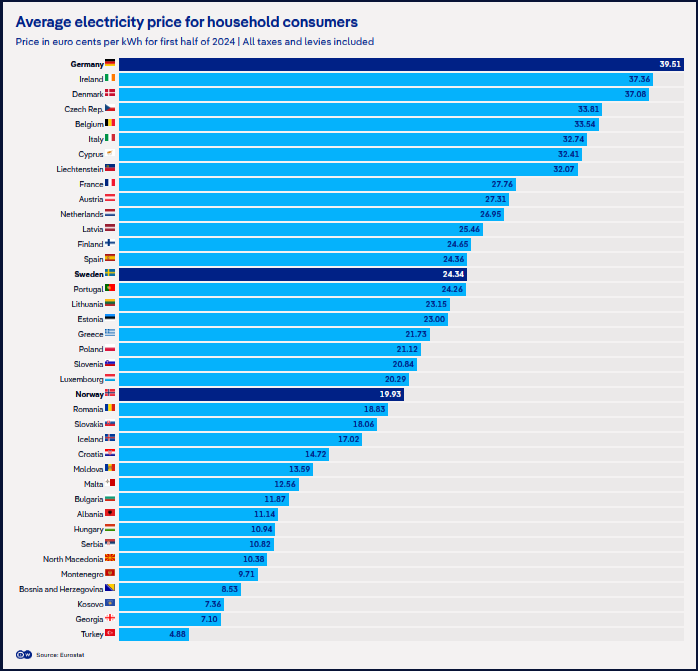One of the never ending topics that often comes up with equity investing is stock buybacks. Buybacks were banned many decades ago. However once made legal, buybacks have become popular with companies of all shapes and sizes. From Apple(AAPL) to Home Depot(HD) to every company in between buybacks are always in fashion with corporate leaders. The question is if buybacks are bad or good. More specifically are buybacks good or bad for investors and what are their advantages/disadvantages over dividends for instance. Jason’s article discusses provides answer to few of the questions.
An excerpt from the piece:
Buybacks are neither bad nor good. They are simply a tool. Just as you can use a hammer either to build a house or knock one down, buybacks are useful in the right corporate hands and dangerous in the wrong ones.
In a buyback, a company uses cash to repurchase some of its shares, typically at the market price, from stockholders who choose to sell. The company ends up with less cash and fewer shares outstanding; investors who participate end up with more cash and a smaller stake in the company.
It isn’t hard to think of examples of buybacks gone bad.
Lehman Brothers Holdings Inc. spent $2.6 billion buying back its own stock in 2007, and in the first two fiscal quarters of 2008 it shelled out nearly $1.5 billion more. Less than six months later the Wall Street behemoth went bust.
As The Wall Street Journal snidely pointed out in 2009, Citigroup Inc. repurchased more than $20 billion in shares from 2004 through 2008—right before it needed a roughly $45 billion government bailout during the financial crisis.
Since December 2004, Bed Bath & Beyond Inc. has repurchased 265 million shares at a cumulative cost of $11.7 billion, according to the struggling retailer’s latest quarterly report. It paid more than $26 for some of those shares during the meme-stock craze of 2021. This week, the stock was trading below $2.
Don’t let a handful of anecdotal examples blind you to the broader evidence. A clear-eyed look at some of the rhetoric swirling around buybacks will show whether it holds up.
Source: Stock Buybacks Aren’t Bad. They Aren’t Good, Either, Zason Zweig, WSJ
In my view, buybacks are good if used properly. More often than not many companies abuse it for various reasons. It is not uncommon for companies to even borrow money to fund the buybacks which seems illogical. Moreover just like any other investors companies do not know for sure if their stock is undervalued or overvalued when they initiate buybacks. So a company may buy billions of its own stock when prices are at the top.
On the other hand, buybacks are some tax benefits for investors. If an investor can postpone selling the stock for more than a year any gains are taxed at long-term capital gains tax rate. Dividends are taxed at ordinary income tax rate which usually is much higher. But dividends are cash in an investor’s pocket and the investor can decide what to do with that as they wish. With buybacks unless an investor sells no gains are realized regardless of the tax impacts. We will discuss the benefits of dividends over buybacks another time.
Anyway the full article is worth a read.



